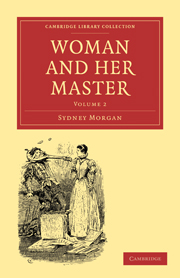Summary
To the dark age, over whose sanguinary gloom the genius of Vespasian and Titus alone shed a transient light, succeeded a century, which, like the Trève de Dieu of more modern barbarism, gave humanity breathing time, and checked that impulsion to utter disorganization, by which society seemed to be mastered. This bright epoch of Roman story owed its serenity to the sagacious government and well conditioned characters of Nerva, Trajan, Adrian, the two Antonines, and Marcus Aurelius. Though the nature of this tenure was precarious, the people enjoyed under it all the prosperity, which may be derived from a felicitous alliance of monarchy and liberty. “Happy times,” says Tacitus, expatiating upon this golden age of political history,) “happy times, when every man thought what he spoke, and spoke what he thought!”
During this prosperous interval, however, neither institutions nor popular efforts had any share in protecting the common rights of humanity. The men placed at the head of the empire, during the second century of the Christian era, were foreigners. Born in classes, among which the sympathies were cherished, and reared far from the brutifying associations of tyranny and slavery, they were men, not monsters: and they were chosen, under the prevalence of absolute power, and in a degraded society, as the best expedients to which outraged humanity could resort in moments of direst urgency.
- Type
- Chapter
- Information
- Woman and her Master , pp. 188 - 218Publisher: Cambridge University PressPrint publication year: 2010First published in: 1840

